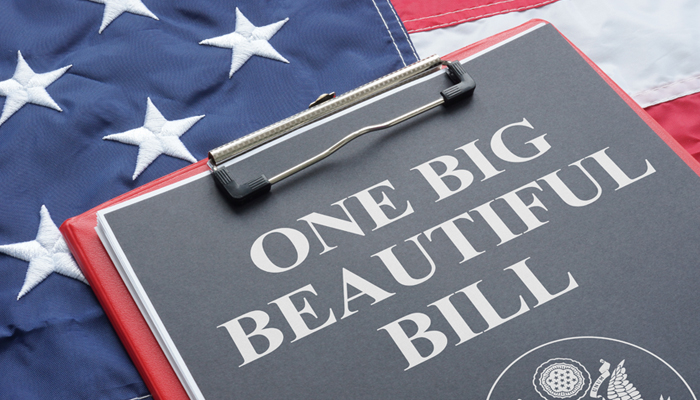
401(k) vs. IRA: What's the Difference?
If you're a little confused about the difference between a 401(k) and an IRA, you're not alone. Most people know that they're both designed to help you save for retirement and, at work, they sometimes mention the 401(k). But beyond that, many people's understanding is a little fuzzy.
Both the IRA and 401(k) are accounts designed to help you save more for retirement by offering incentives not available in a regular savings account, such as tax advantages. But there are some key differences.1
A 401(k) is provided through an employer. The account gets its name from the paragraph in the U.S. Tax Code (section 401, subsection k) that made this retirement savings tool possible. Generally, contributions to your 401(k) are taken pre-tax, lowering your current tax liability on income. This is known as a salary deferral.
One of the biggest advantages of a 401(k) is that your employer may offer to match your contribution up to a set percentage of your salary. For example, if you're putting in $100 a month, your company will also put in $100, doubling your rate of saving.
The amount of matching contribution, if any, is determined by your employer. But in most cases, it's good to contribute at least enough of your own salary to qualify for this "free money" from your employer’s contribution.
Another advantage for many people is that 401(k) contributions are taken out automatically before they see their paycheck, so they don’t have to think about it or face the temptation not to contribute.
A potential disadvantage of a 401(k) is its portability. If you leave your job and have more than $7,000 in your 401(k) account, most plans will allow you to leave the money invested. But if your balance is below that, you will need to roll the money into another retirement account.2 Unfortunately, many people in this situation succumb to the temptation to simply cash out their 401(k) and spend the money. Taking early withdrawals from a 401(k) can incur not only substantial current income taxes but an additional early withdrawal penalty from the IRS.
An IRA (Individual Retirement Account) is set up and contributed to outside of work. An IRA offers you more flexibility than a 401(k) in the kinds of investments you can choose, potentially enabling you to build a much more diversified portfolio.
There are several kinds of IRAs to choose from to maximize your tax advantage. For example, a Roth IRA or SEP IRA. And because it's not provided through an employer, the status of your account doesn't change if you switch jobs.
The good news is that people who want to be aggressive about saving for retirement can have both a 401(k) and an IRA. Of course, there are rules governing eligibility and limits to pre-tax contributions, but in general, if you have a 401(k) through work, you can also be funding a Roth IRA.
This is one area where you will benefit greatly from professional guidance. Before taking any action on any retirement account, talk with our advisors. We can help you understand your options as well as the long-term financial implications.
1. http://go.pardot.com/e/91522/you-have-both-401k-and-ira-asp/96rg2w/2843903390/h/N874duhd9nSttKuuOY0jBykfsr8PLezyo1hI5Wf10DE
2. http://go.pardot.com/e/91522/k-after-you-leave-your-job-asp/96rg2z/2843903390/h/N874duhd9nSttKuuOY0jBykfsr8PLezyo1hI5Wf10DE

Related articles

The wealth management industry in 2026 is undergoing a profound transformation driven by technology, shifting demographics, and evolving client expectations. Firms are embracing AI-powered solutions...

You’ve likely seen the headlines about the “One Big Beautiful Bill” (OBBB) signed into law on July 4, 2025. It’s a sweeping piece of legislation that expands many of the 2017 tax cuts. It also...

As a savvy investor you know that one of the keys to long-term success is avoiding unnecessary costs. You know to steer clear of tax penalties, excessive transaction costs, and even opportunity...